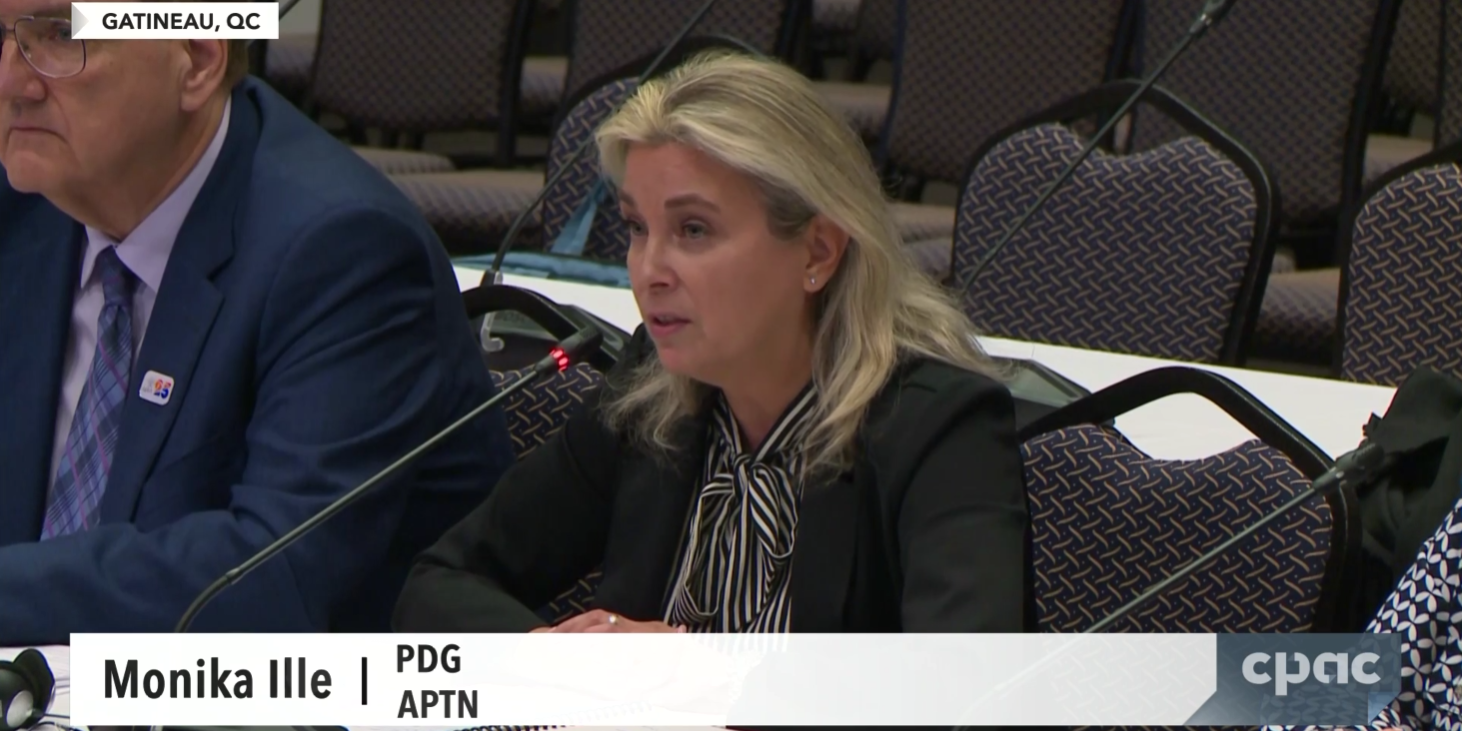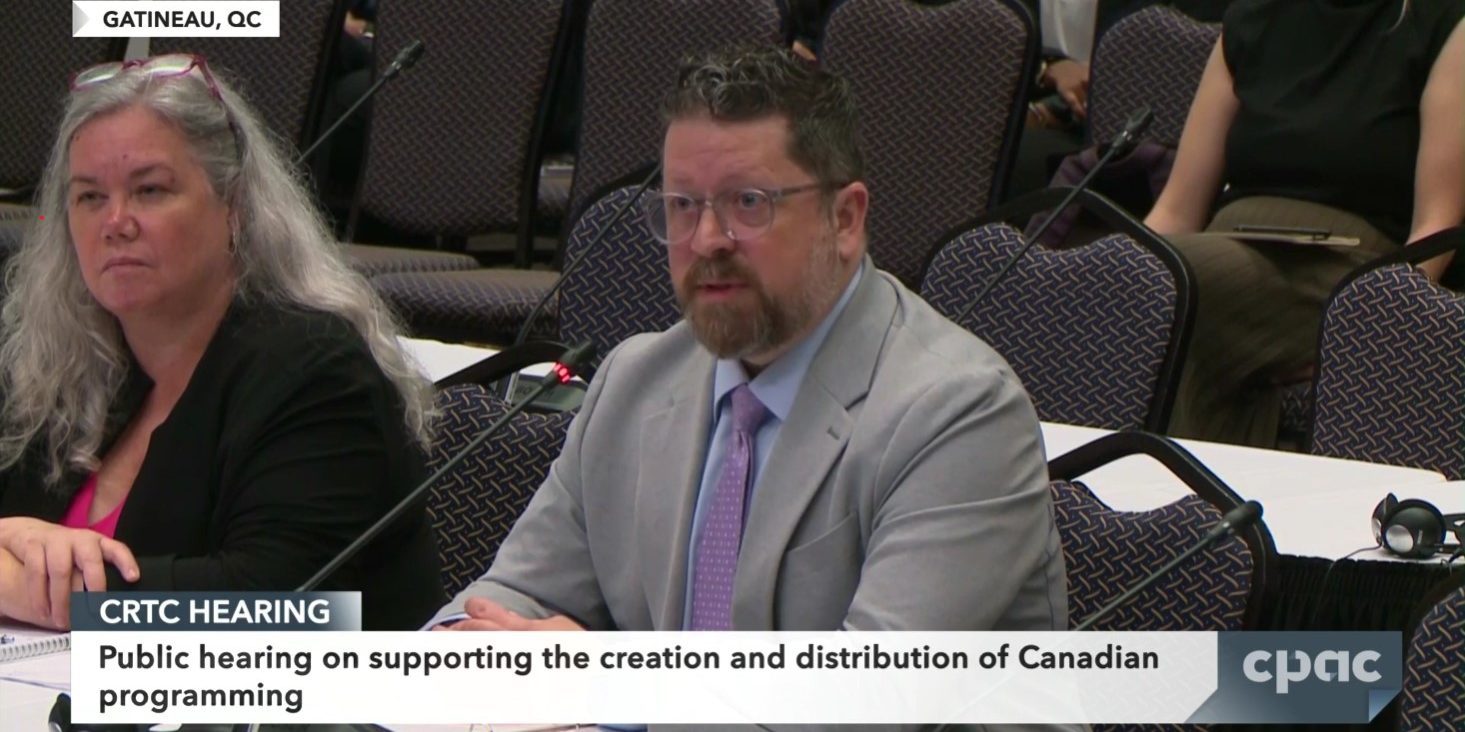

ITPA wants CRTC to lighten regulations on small incumbent phone companies
Regulatory | | April 14, 2025
The Independent Telecommunications Providers Association is asking the CRTC to release its members providing wireline phone services of some of the “regulatory burden” they carry, as they try to compete with larger wireless providers in the market.
This content is available to wirereport.ca subscribers
Already a subscriber? Sign in here
Unlock all the Canadian telecom, broadcasting and digital media news you need.
Take a free trial or subscribe to The Wire Report now.
FREE TRIAL
Two weeks of free access to thewirereport.ca and our exclusive newsletters.
SUBSCRIBE
Unlimited access to thewirereport.ca and our exlusive newsletters.


